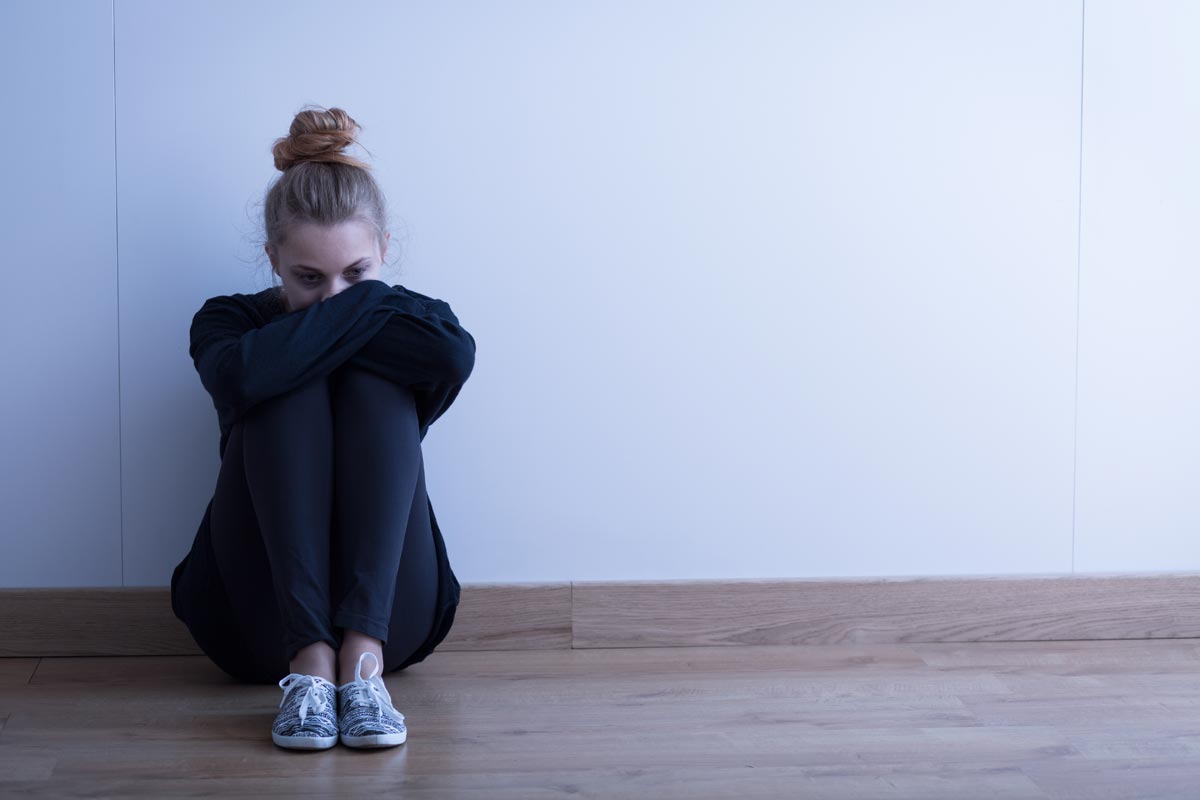
Whatever your age, if you’re asking, “Are my parents responsible for my addiction”, the short answer is “No”. You and only you are responsible for the choices you made, unless they have literally handed you drugs or alcohol. Exposure is, eventually, the single strongest factor resulting in addiction and you and only you chose to expose yourself to drugs or alcohol. Only you are responsible for your own choices, therefore, only you can be responsible for your addiction. However, that doesn’t mean you are to blame. It also doesn’t mean your parents are to blame. Addiction, also known as a substance use disorder. It’s a complex behavioral disorder combined with physical dependence on a substance, resulting in seeking behavior, psychological dependance, and withdrawal symptoms, colloquially known as exposure.
Most importantly, it’s no one’s fault. However, there are numerous contributing factors, which you might be associating with blame and causation. In this article, we’ll look at some of them and discuss their impact on addiction.
Genetics and Disease
You’re probably aware that genetics and epigenetics can contribute to addiction. In fact, that might even be what brought you to this article. If your parents experiences, if your parents genes, contribute to your addiction, are they to blame? Did you even have a choice?
Well, yes. The thing is, certain genes can make you more vulnerable to addiction. Some genes make it more likely that you develop psychological dependence. Some genes might make you more likely to take risks. Epigenetics can change how your body reacts to drugs and alcohol, creating faster and stronger responses that are more likely to leave you “hooked”. But saying “I blame you” for this is at best, a bit silly.
In fact, blaming someone for addiction is a lot like blaming someone for anxiety or tuberculosis. Sure, factors such as environment, stress, and genetics can contribute, but you certainly wouldn’t blame your mother for passing a gene to you that resulted in you getting cancer. That also holds true for genes and epigenetics that contribute to substance use disorder. They increase your risks, but only you made the choice to take the drink or use the drug and eventually, it’s a disorder, not a hat you can blame on someone.
Exposure and Addiction
Exposure is the single most common factor behind addiction. And that can make things morally complicated if your parents also use. For example, children with parents who drink or use are significantly more likely to do so themselves. In fact, children with alcoholic or drug abusing parents are anywhere from 2-10 times more likely to develop substance use disorders themselves. That’s a significant increase in magnitude of risk.
The thing is, it’s still risk. Your parents have put you in danger. They are responsible for exposing you to problems, to their mental health problems, to their substance abuse. And that substance abuse likely transitioned into emotional or even physical abuse towards you. But you are still the only person responsible for your own decisions to pick up drugs or alcohol. They contributed towards the likelihood that you would as well as towards the likelihood that you’d become addicted afterwards, but you’re still responsible for yourself and for quitting.
Get Your Questions Answered
Our expert & caring staff on site are available 24/7. Call us today.
Environment and Addiction
Your environment contributes to your risk of developing a drug or alcohol use disorder, much like any other risk discussed here. That might be a stressful home. It might be that your parents divorced. It might be that one or both of your parents were abusive. It might be that you moved frequently. You might have been involved in a car accident. You might live below the poverty line and experience food shortages. All of these possibilities are terrible and traumatic. They have documented negative effects on people at any age. In fact, the ACE study documents that experiencing these kinds of things, especially before the age of 14, dramatically increases vulnerability to substance use disorders.

But, again, they don’t cause them. They simply make them more likely – meaning you’ll have a harder time quitting drugs or alcohol once you first pick them up.
Tolerance and Tough Love
Parents can contribute to substance use disorders in dozens of ways. For example, they might actually hand you drugs. Let’s say you’re extremely stressed and having panic attacks. In an act of extremely bad parenting, your mom or dad might hand you a box of valium and tell you to take one when you start to feel stressed. They’re still not responsible for your addiction – although they certainly are responsible for breaking moral and ethical codes and will likely go to jail if you take it to court. The same holds true for tolerance. If your parents catch you drinking or using and just leave you to it, this does not somehow make them blame worthy for your addiction, even though they become complicit in it. Knowledge and collaboration do not necessitate responsibility, only having taken part in.
Tough love is the opposite end of that spectrum. Many parents learned to practice a “no tolerance” policy to drugs and alcohol, to the point of evicting teenagers from their homes. This can result in a downward spiral and addiction, even if it wasn’t actually a problem before. They certainly contribute here, but again, are not “to blame” for your addiction.
Taking Responsibility for Yourself
Eventually, it’s difficult to blame addiction on anyone. It’s a substance use disorder. It happens because people make poor choices. Sometimes the people making poor choices are your parents as well as yourself. Sometimes it’s just you. Sometimes it’s also everyone around you. That doesn’t matter. What does matter is that you are your own person and only you can take responsibility for yourself, pick yourself up, and get help. Only you can go through substance abuse treatment and learn to undo the harm addiction has done to your brain. And only you has the power to acknowledge that you are responsible for fixing your own life, therefore you have to take steps to do it. Once you do that, you have taken the first step to getting clean and sober.
No matter where you are in life, the appropriate response to a substance use disorder is to ask for help. That applies no matter what your age, whether you’re living alone or with your parents, and whether you’ve had treatment in the past. Acknowledge that you need help, reach out, and ask for it. Eventually, you can and will move towards recovery – but it starts with reaching out.
If you or your loved-one struggles from substance abuse please contact us today and speak with one of our experienced and professional intake advisors. We’re here to help you recover.






